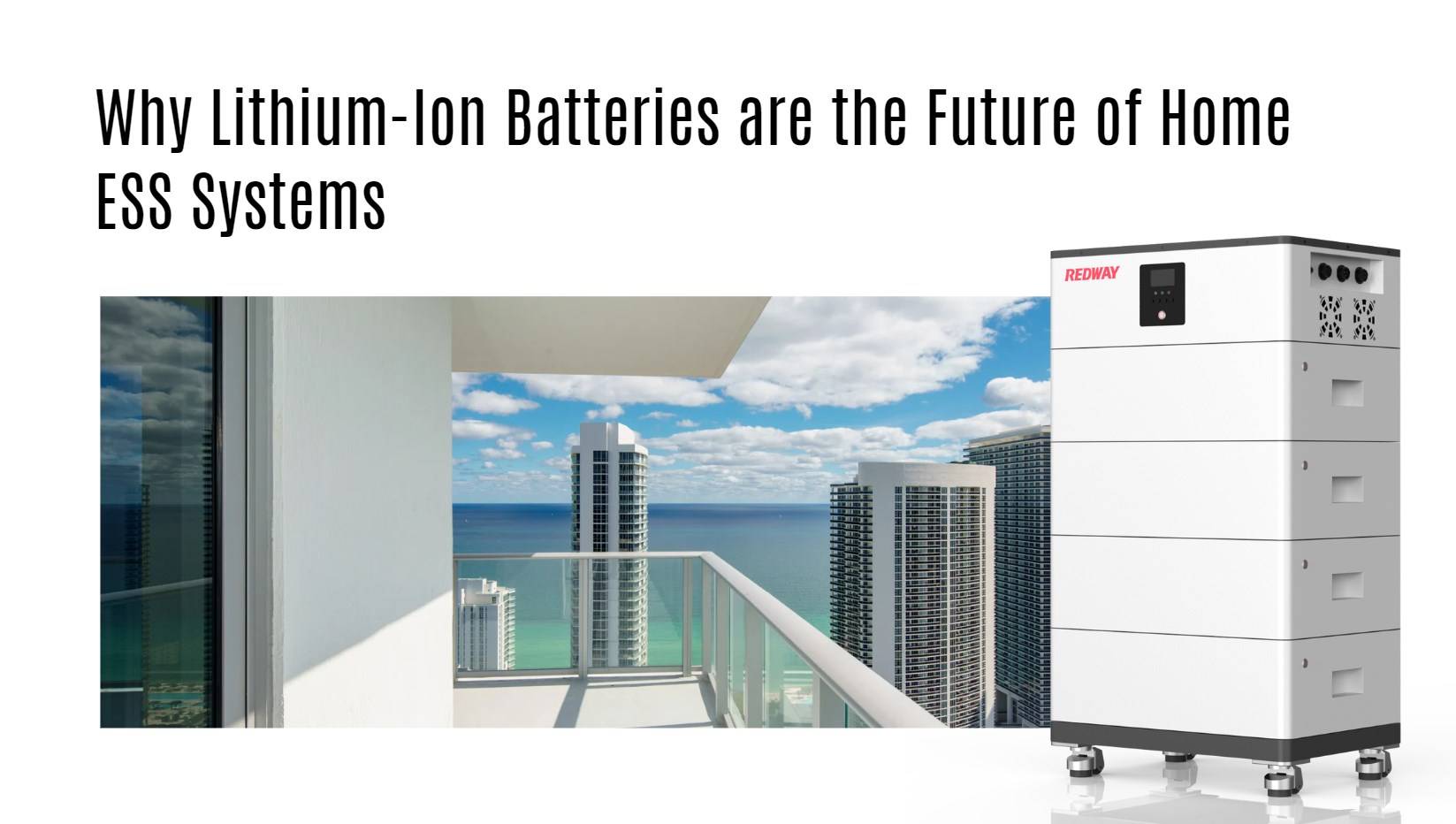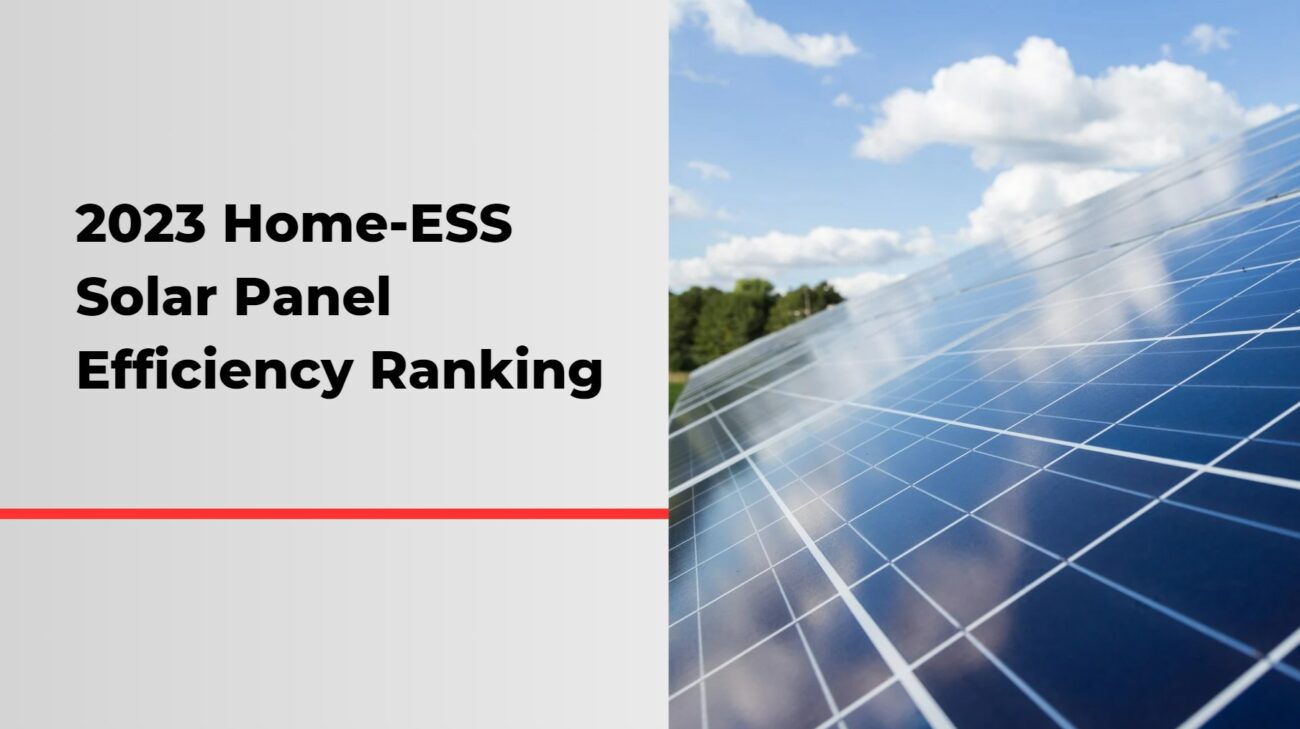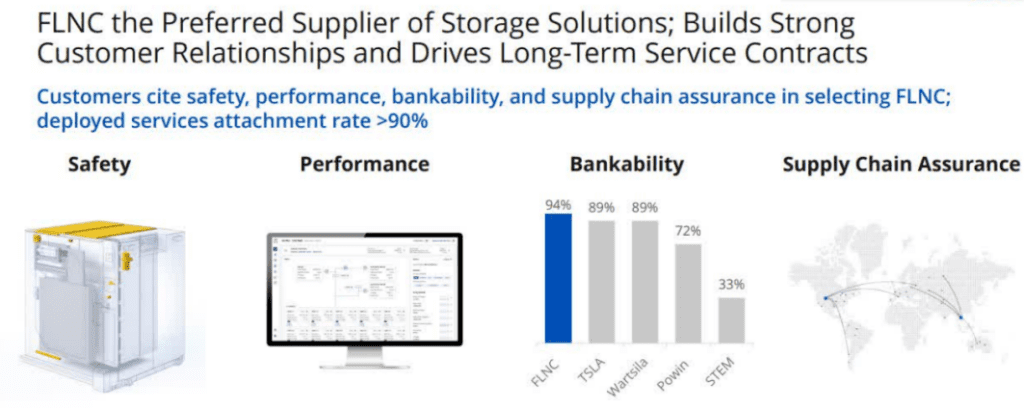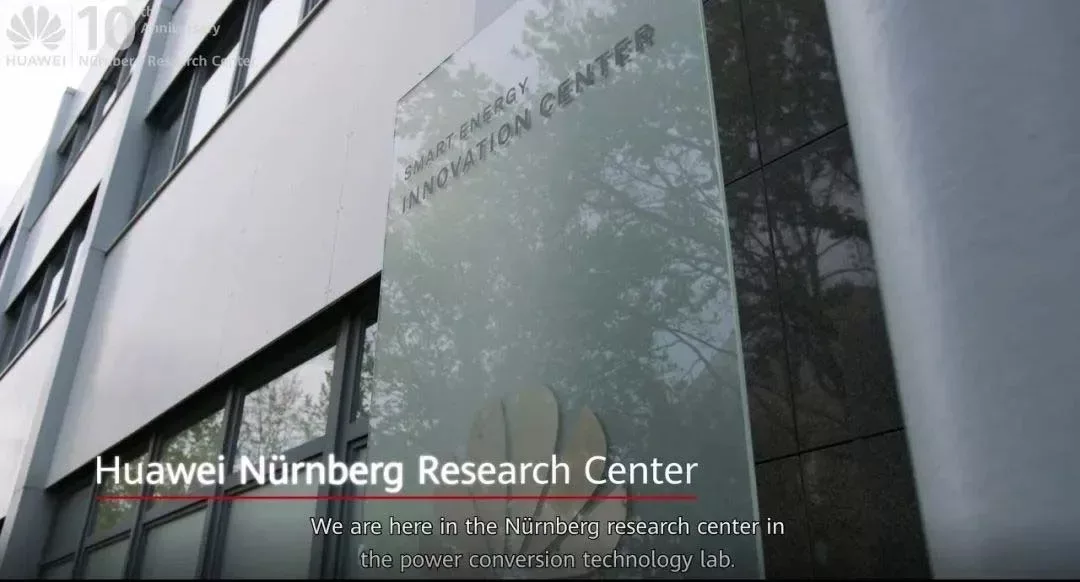Lithium-ion batteries are revolutionizing home energy storage systems (ESS) by providing efficient, reliable, and safe solutions for storing renewable energy. Their high energy density, long life cycle, and minimal maintenance requirements make them ideal for residential applications. This guide explores the importance, advantages, and safety considerations of lithium-ion batteries in home ESS.
What are lithium-ion batteries?
Lithium-ion batteries are rechargeable power sources that utilize lithium ions to store and discharge energy. They consist of an anode (typically made of graphite), a cathode (made from various lithium compounds), and an electrolyte that allows ions to move between the two electrodes during charging and discharging cycles.
| Component | Function |
|---|---|
| Anode | Stores lithium ions during discharge |
| Cathode | Releases lithium ions during charging |
| Electrolyte | Conducts ions between anode and cathode |
Why are lithium-ion batteries important for renewable energy?
Lithium-ion batteries play a crucial role in renewable energy systems by:
- Storing Excess Energy: They capture surplus energy generated from solar panels or wind turbines for later use.
- Enhancing Grid Stability: By providing backup power during peak demand periods, they help stabilize the grid.
- Promoting Energy Independence: Homeowners can rely less on traditional power sources by utilizing stored renewable energy.
| Importance | Description |
|---|---|
| Storing Excess Energy | Captures surplus generation |
| Enhancing Grid Stability | Provides backup during peak demand |
| Promoting Energy Independence | Reduces reliance on fossil fuels |
What are the advantages of lithium-ion batteries over other types?
Lithium-ion batteries offer several advantages compared to traditional battery technologies such as lead-acid:
- Higher Energy Density: They store more energy in a smaller footprint.
- Longer Lifespan: Typically last longer than lead-acid batteries, with more charge cycles.
- Lower Maintenance Requirements: Require less frequent maintenance compared to other battery types.
| Advantage | Description |
|---|---|
| Higher Energy Density | More efficient use of space |
| Longer Lifespan | Cost-effective over time |
| Lower Maintenance | Easier to manage |
Where are lithium-ion batteries commonly used?
Lithium-ion batteries are widely used in various applications:
- Residential Solar Systems: To store solar power for use during non-sunny periods.
- Electric Vehicles (EVs): Providing efficient power storage for transportation.
- Portable Electronics: Powering devices like smartphones, laptops, and tablets.
How do they enhance energy storage systems?
Lithium-ion batteries enhance energy storage systems by:
- Increasing Efficiency: High charge/discharge efficiency minimizes losses.
- Enabling Scalability: Easily expandable to meet growing energy needs.
- Facilitating Smart Integration: Compatible with smart grid technologies for optimized energy management.
What role do they play in home energy management?
In home energy management, lithium-ion batteries:
- Store Renewable Energy: Allow homeowners to utilize solar power efficiently.
- Provide Backup Power: Ensure essential devices remain operational during outages.
- Reduce Electricity Costs: Enable users to take advantage of time-of-use rates by storing energy when it’s cheaper.
What safety measures should be taken with lithium-ion batteries?
Safety measures include:
- Proper Ventilation: Ensure adequate airflow to prevent overheating.
- Regular Inspections: Check for signs of damage or swelling regularly.
- Use Appropriate Chargers: Always use chargers designed for your specific battery type to avoid overcharging.
| Safety Measure | Description |
|---|---|
| Proper Ventilation | Reduces risk of overheating |
| Regular Inspections | Identifies potential issues early |
| Use Appropriate Chargers | Prevents overcharging and damage |
How can users ensure safe disposal of lithium-ion batteries?
To ensure safe disposal:
- Follow Local Regulations: Adhere to guidelines set by local waste management authorities.
- Use Recycling Programs: Participate in battery recycling programs to prevent environmental contamination.
- Avoid Throwing in Trash: Never dispose of lithium-ion batteries in regular trash due to fire hazards.
Buy Wholesale Battery Tips
For those considering wholesale purchases of batteries or related products, partnering with a reliable manufacturer like Redway Battery, known for its extensive experience in lithium battery production, is crucial. To make OEM orders effectively:
- Define your specifications clearly.
- Communicate regularly with the manufacturer throughout the process.
- Ensure compliance with safety standards.
Industrial News
Recent advancements highlight significant growth in demand for lithium-ion batteries as consumers increasingly seek sustainable solutions for energy storage across various applications, including electric vehicles and renewable energy projects.
Redway Expert Views
“Investing in quality battery technologies not only ensures reliable power but also supports environmental sustainability initiatives,” states an expert from Redway Battery.
FAQ Section
- What is a lithium-ion battery?
A rechargeable battery that uses lithium ions to store and discharge electrical energy efficiently. - How long do lithium-ion batteries last?
Typically, they can last between 5 to 15 years depending on usage patterns and maintenance. - What applications are best suited for lithium-ion batteries?
Ideal for residential solar systems, electric vehicles, and portable electronics requiring reliable power sources.







